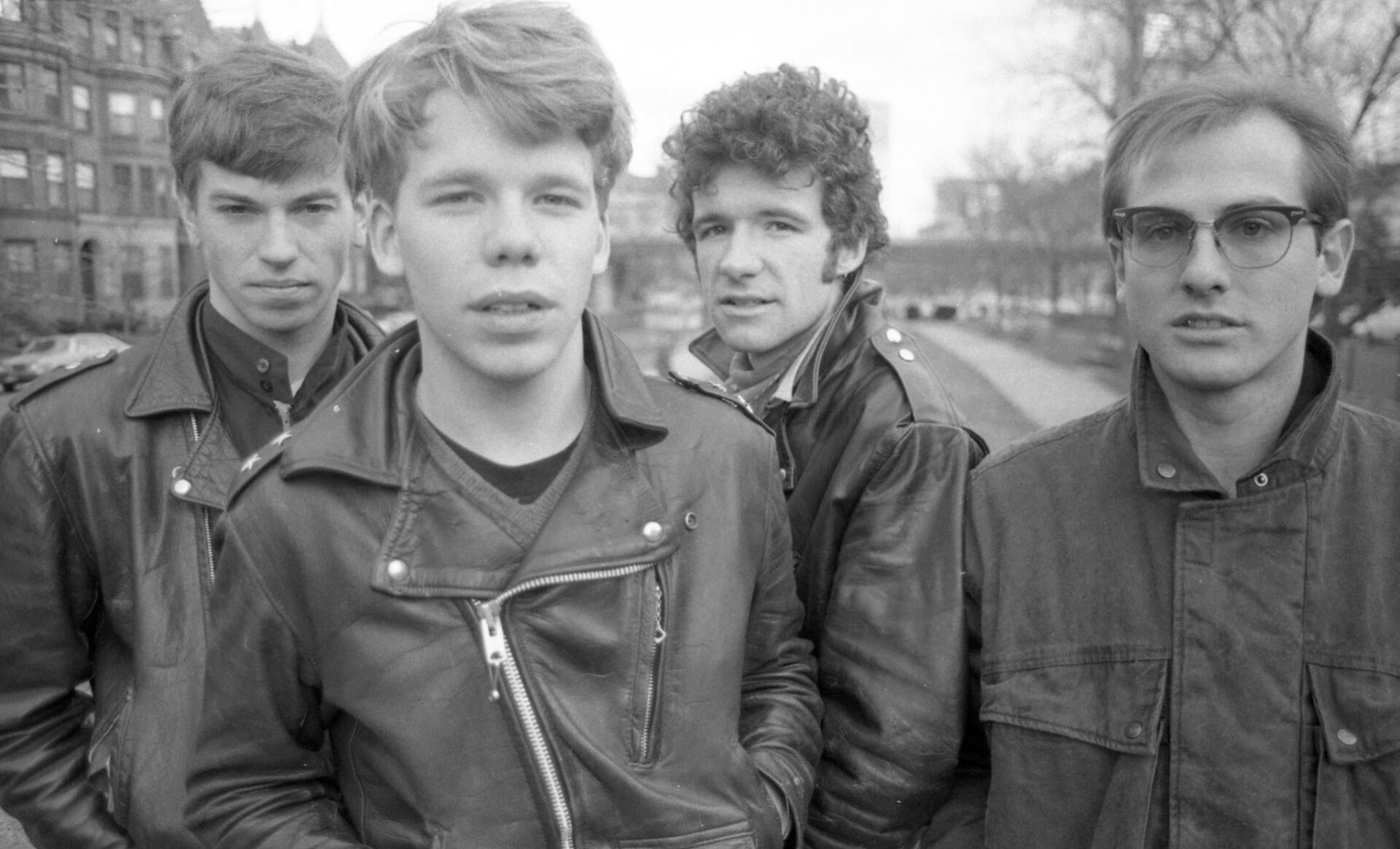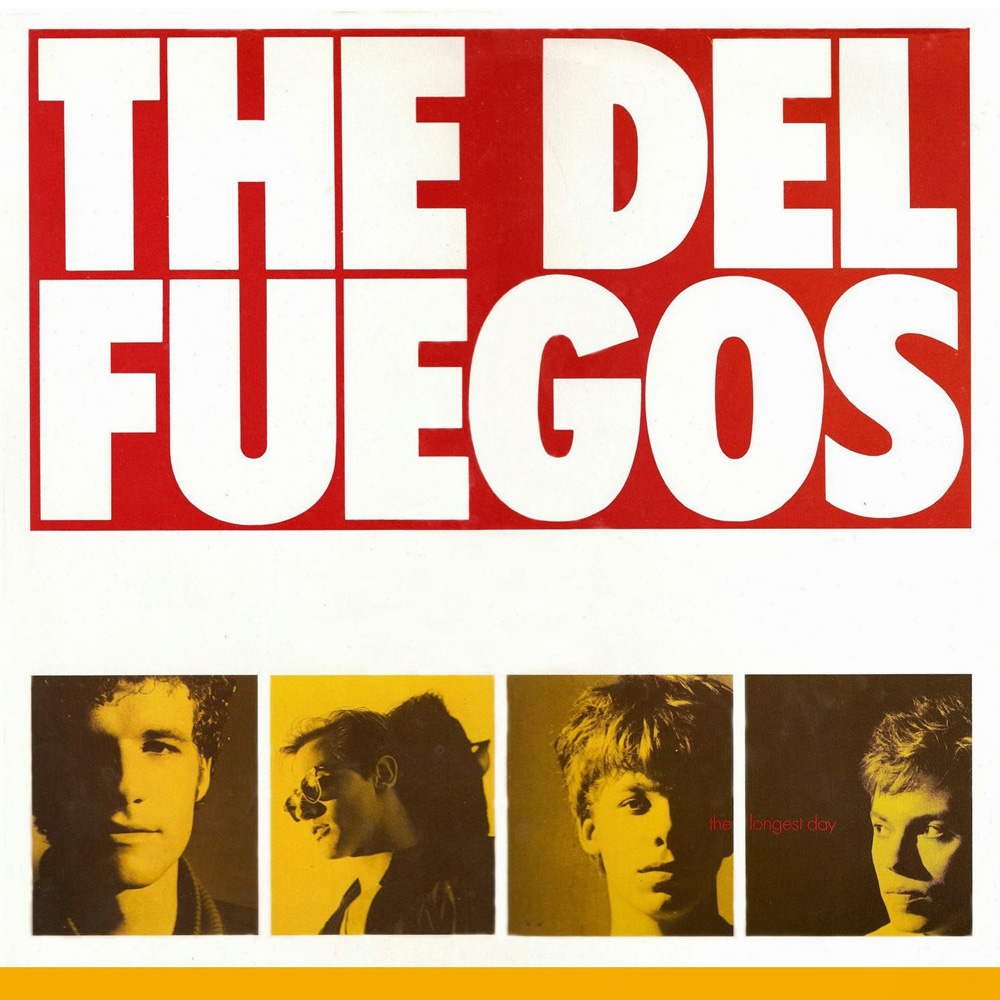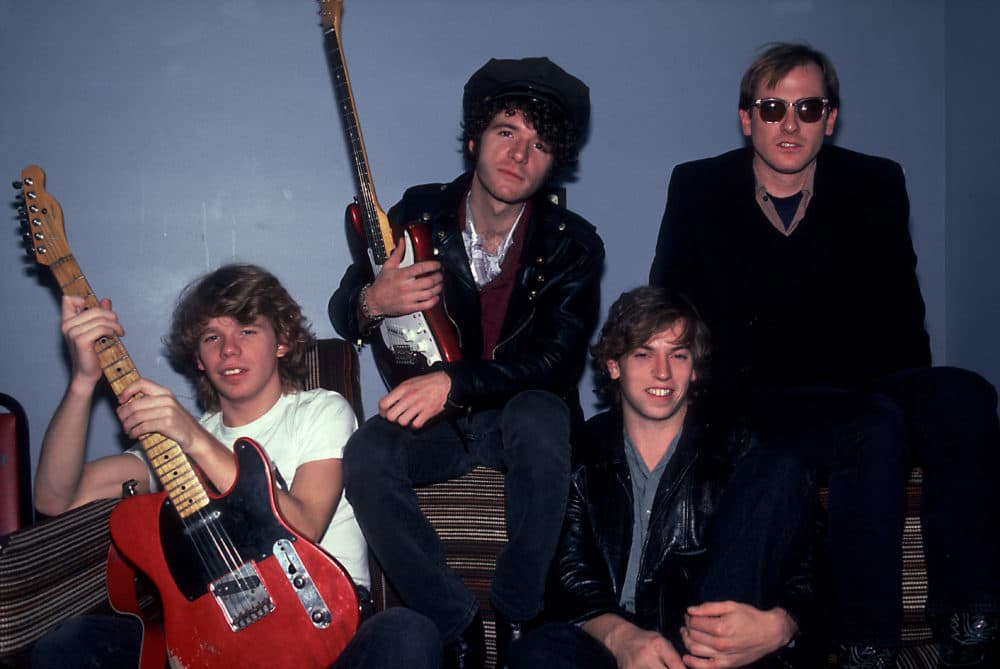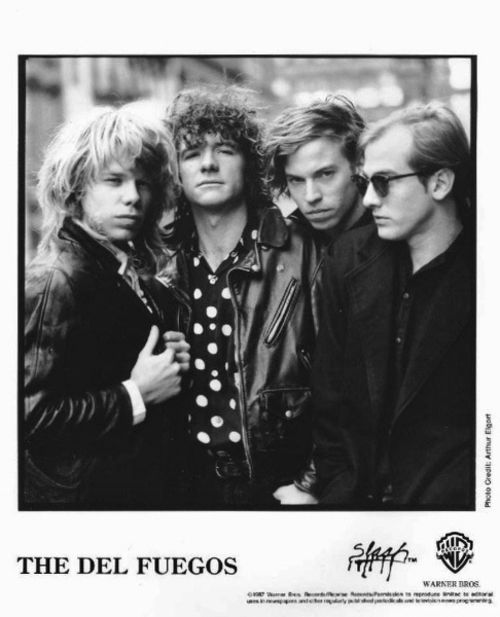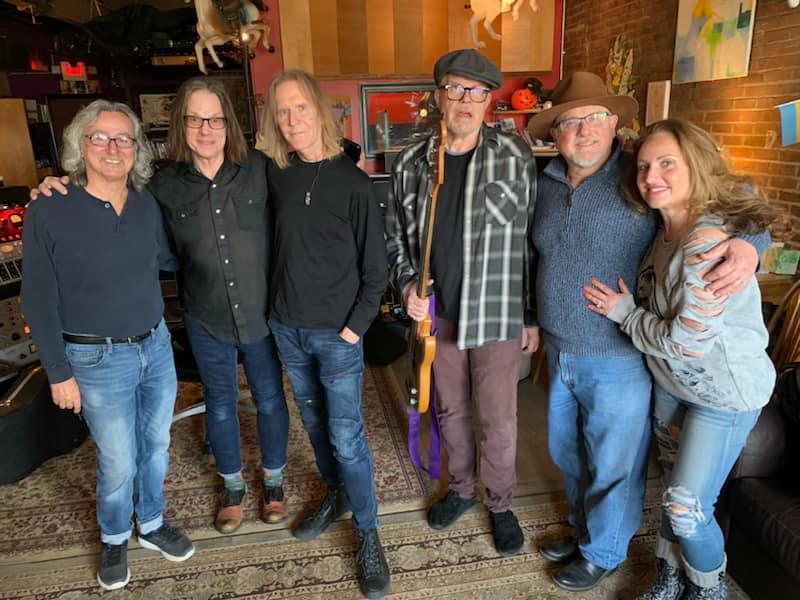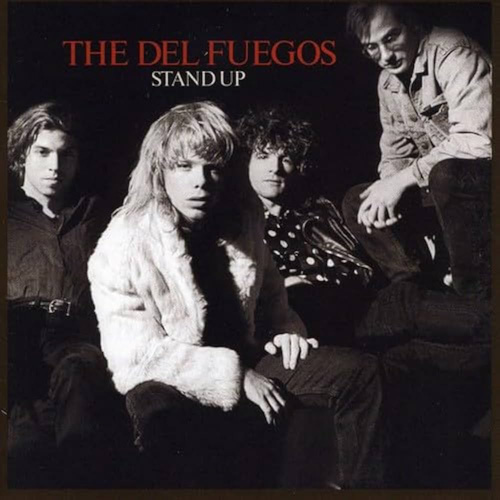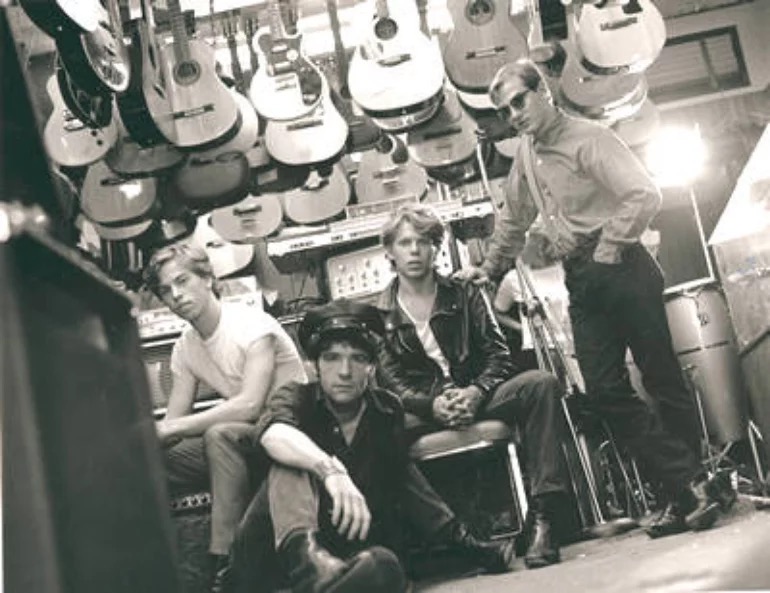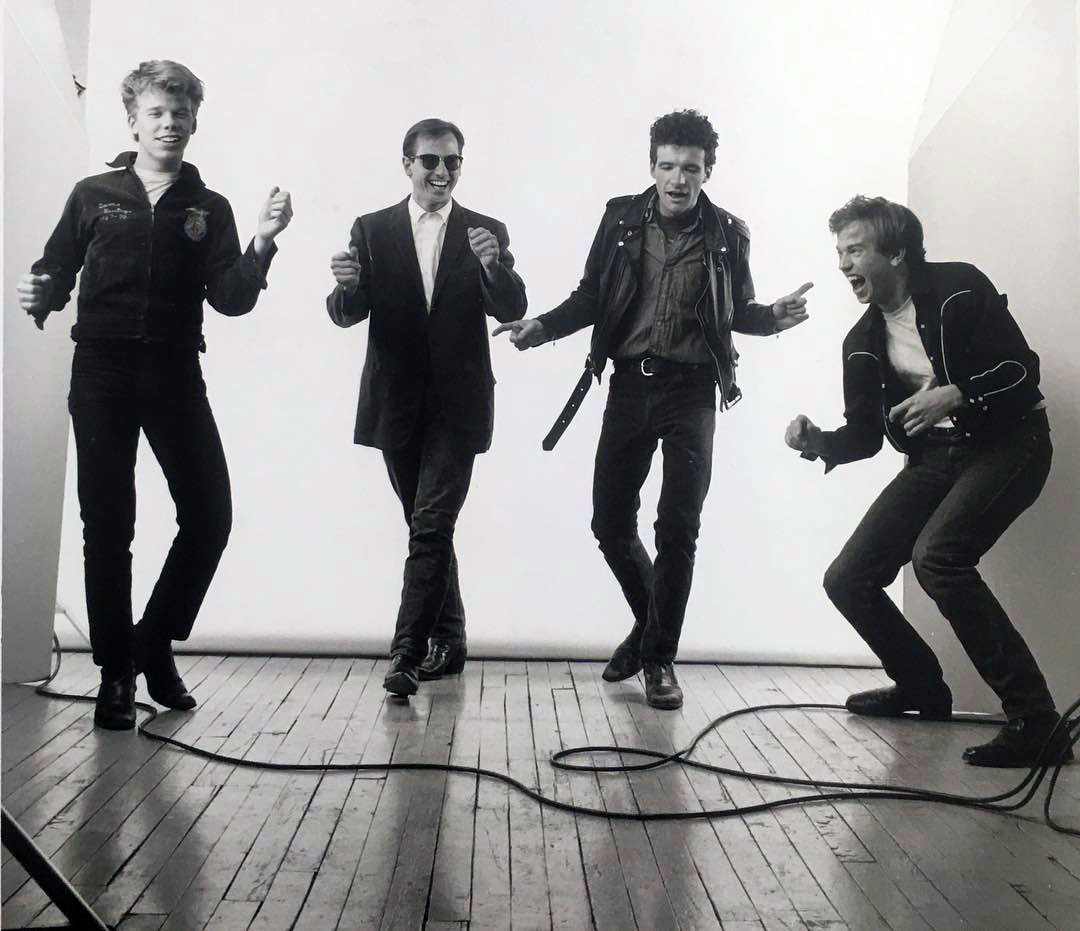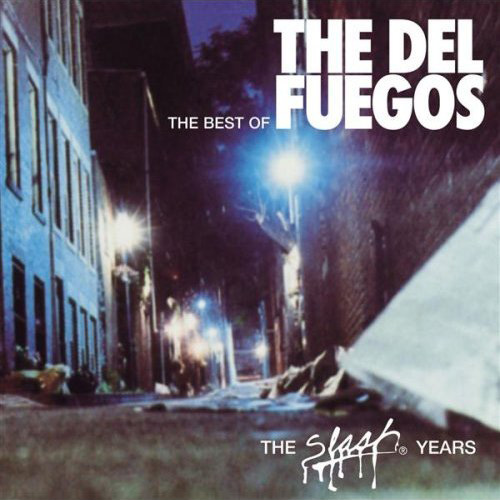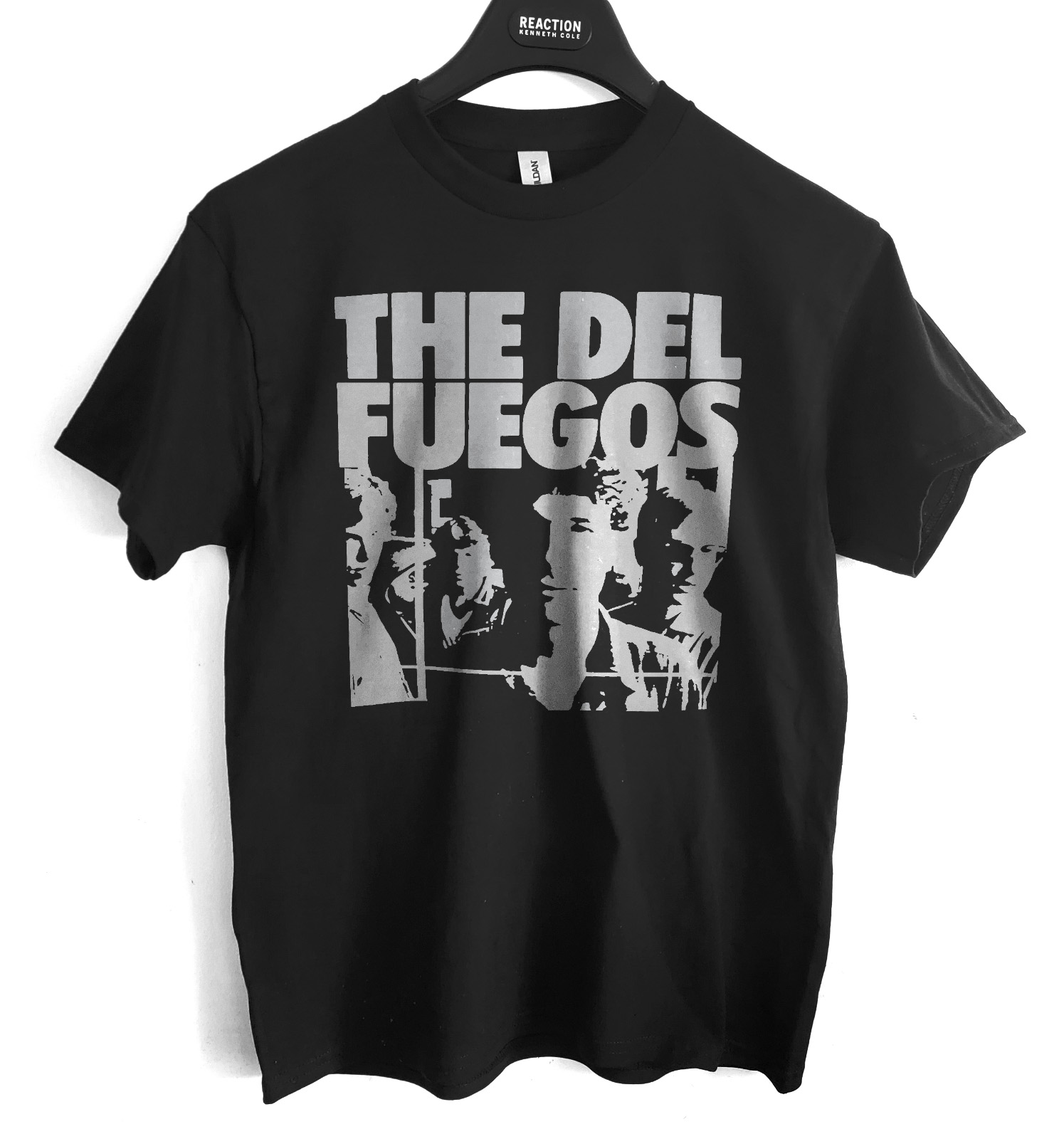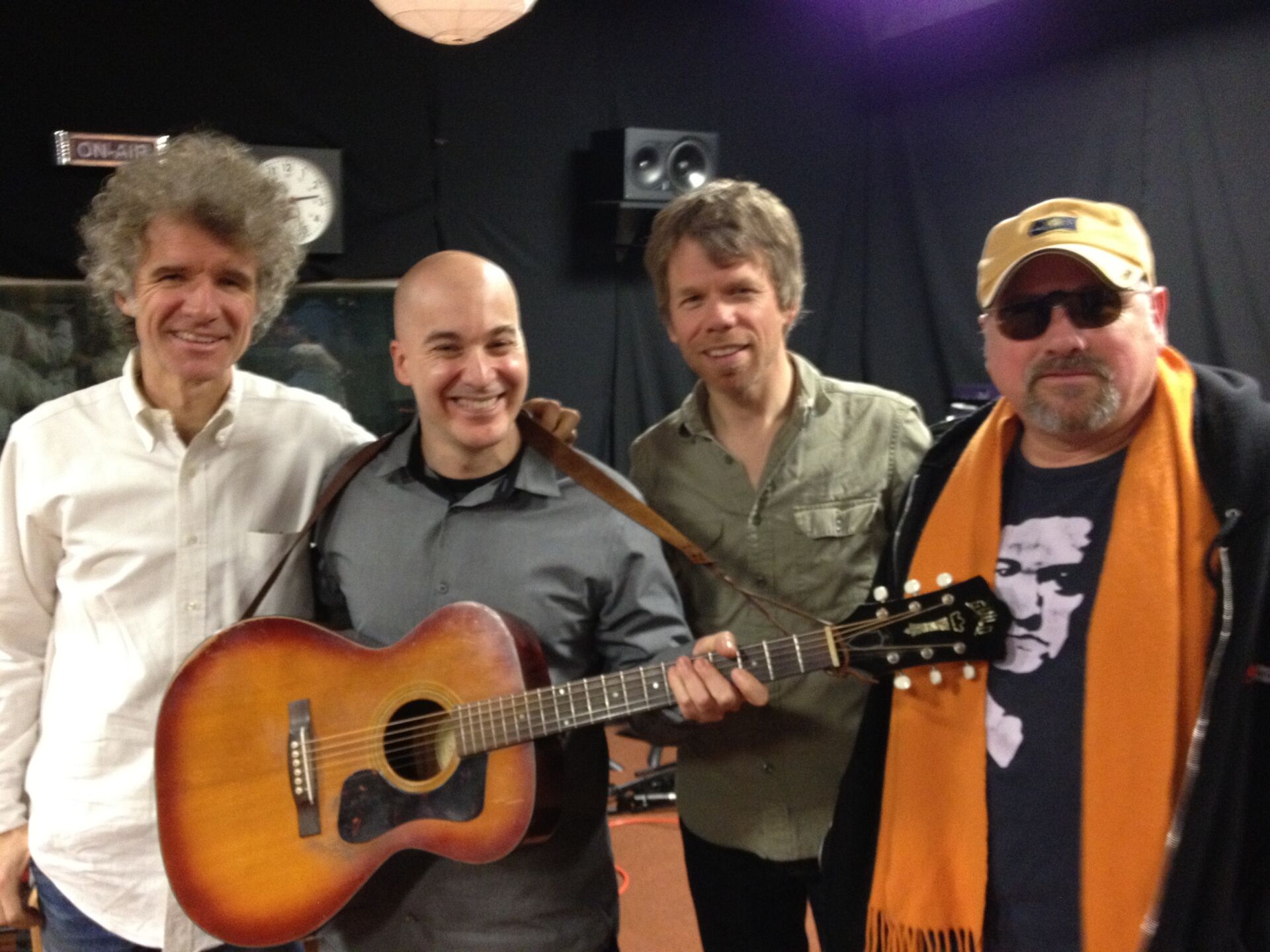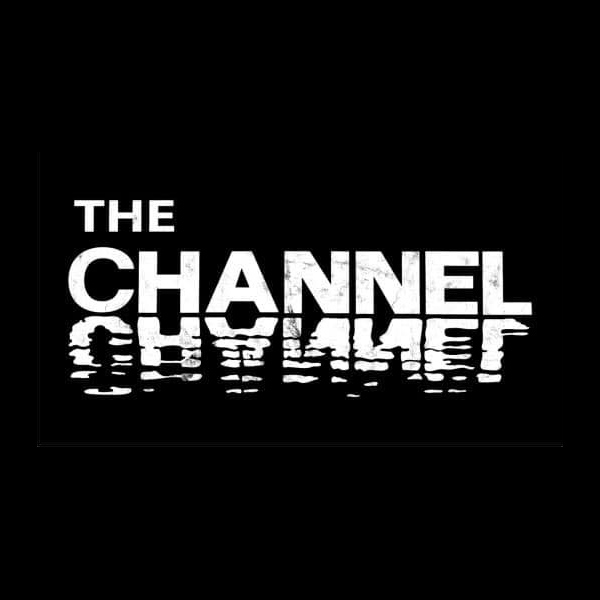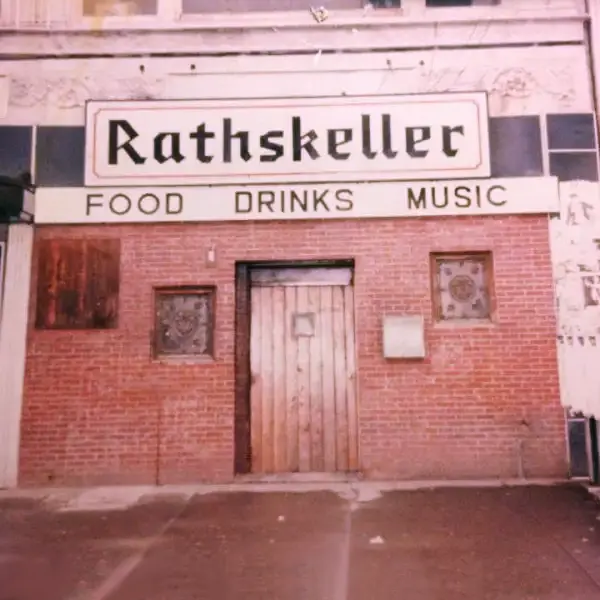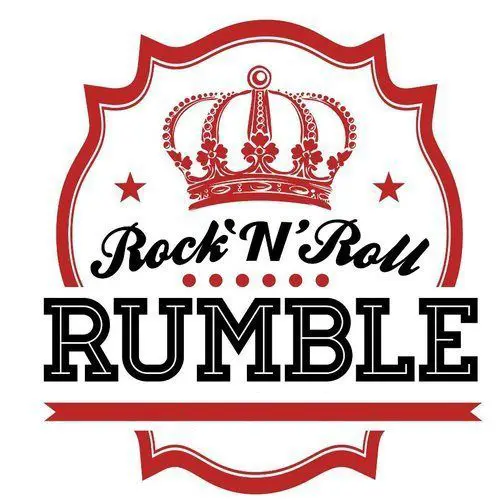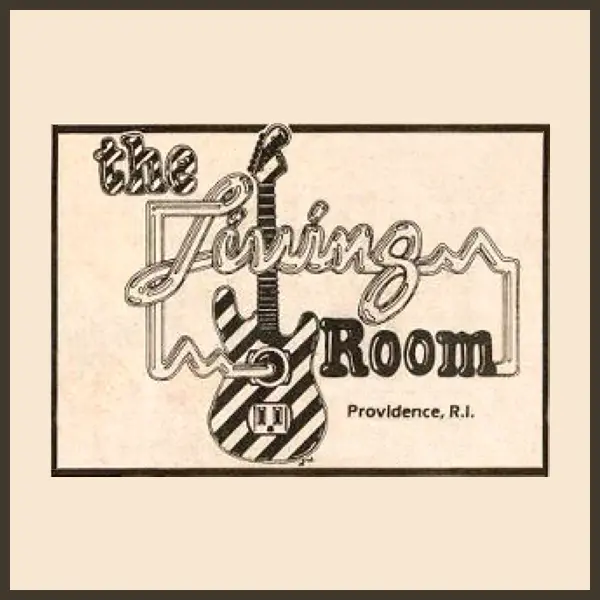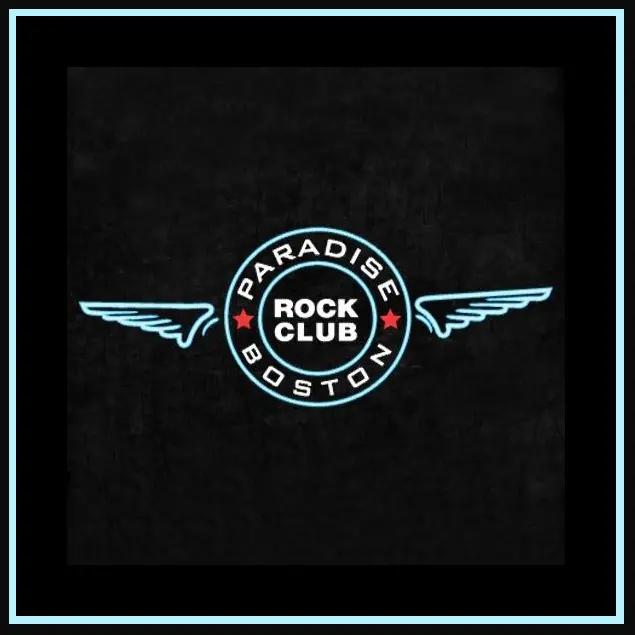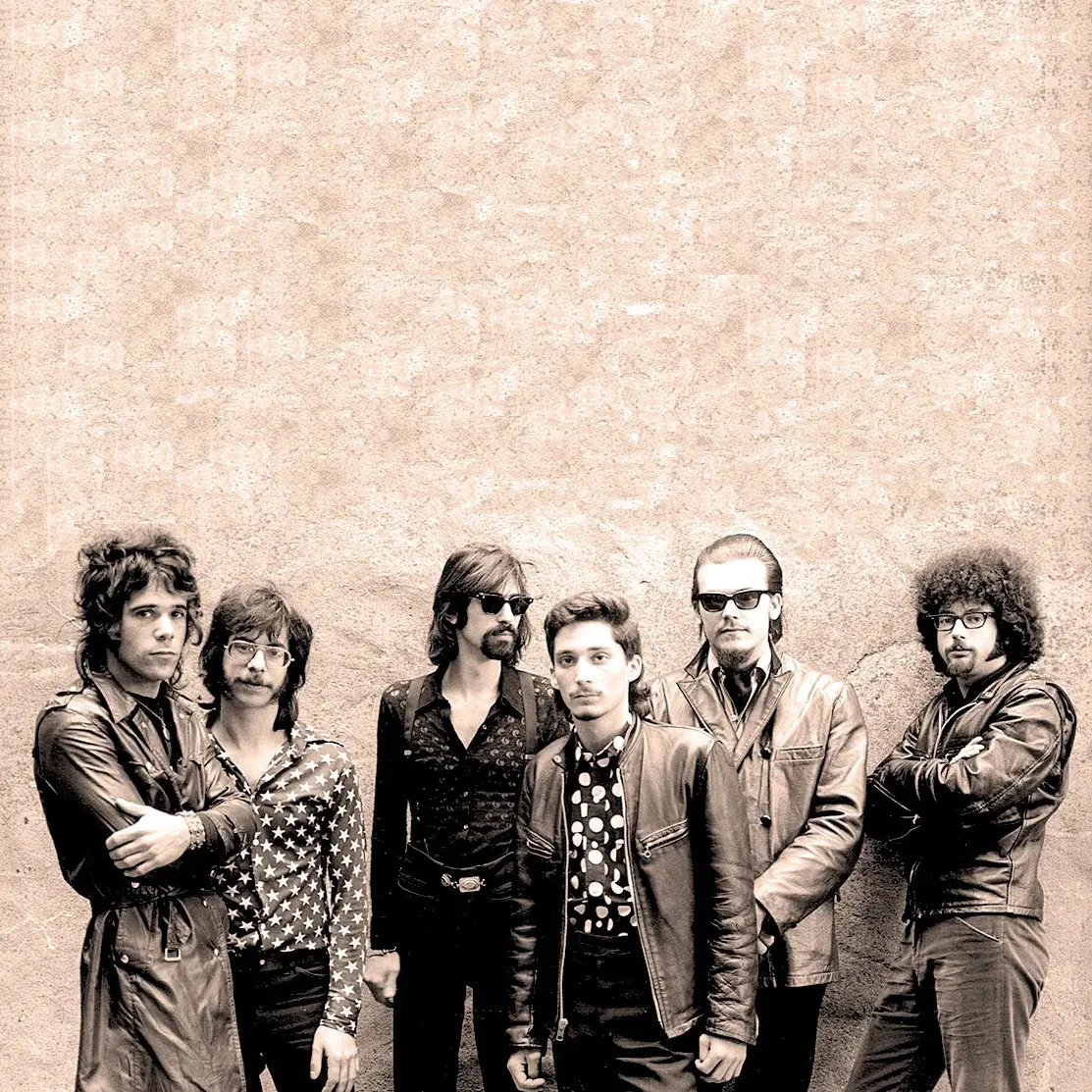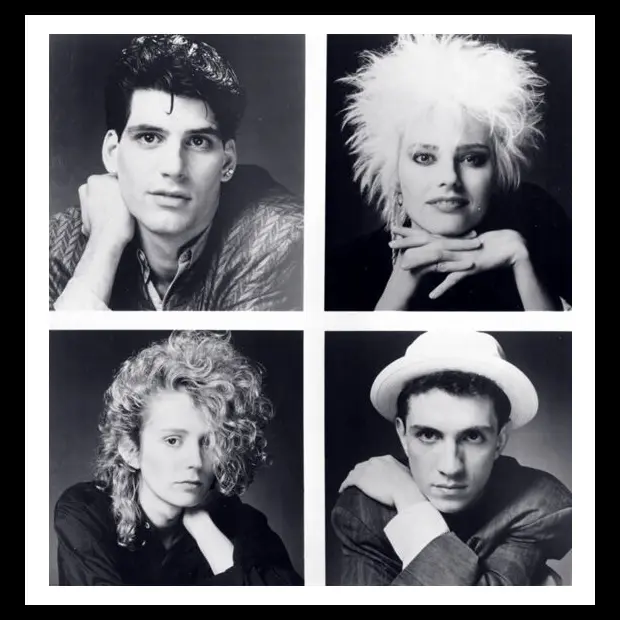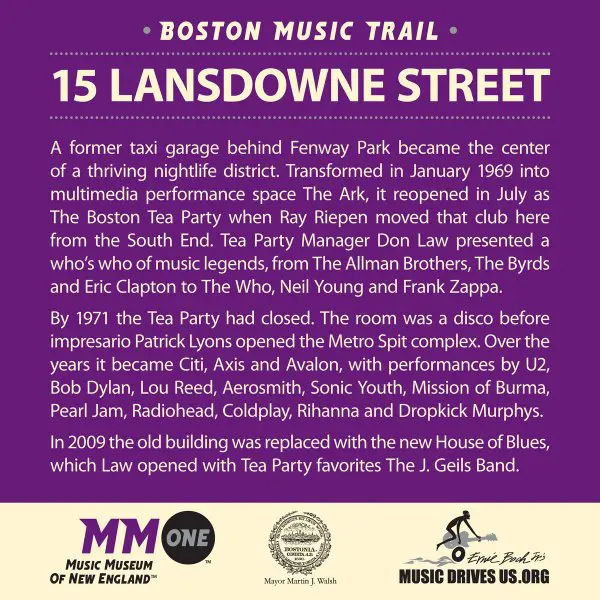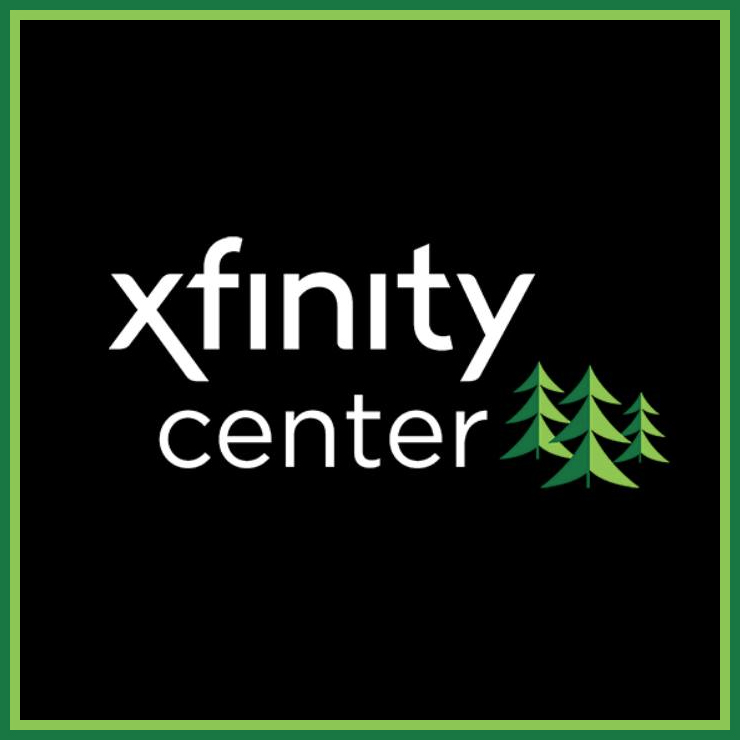The Del Fuegos
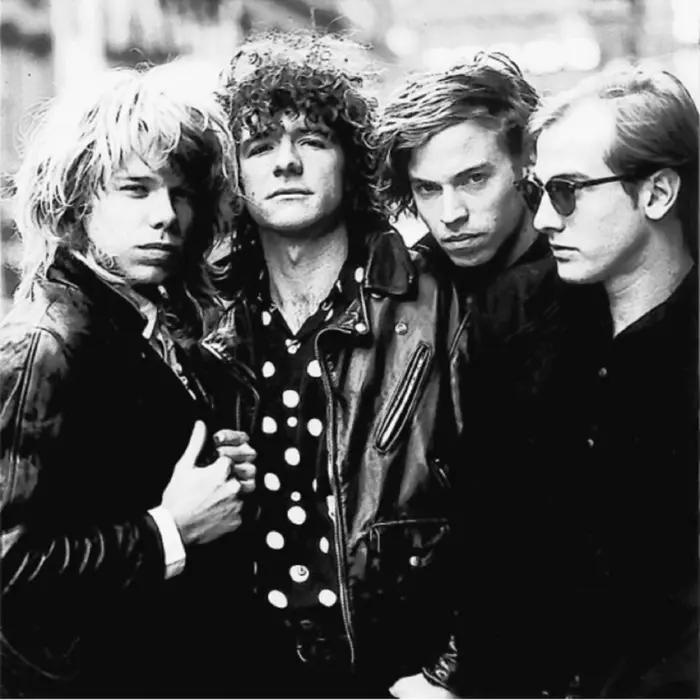
Did they burn out or did they rust? Did they sell out or did they cash in? Did they jump or were they pushed? When it comes to The Del Fuegos’ fast-forward rise and slow-motion fall, these questions are debatable but one thing is not: During their 15 minutes of fame in the mid-1980s, they were a rollicking example of carefully crafted, bare-bones power pop at its punchiest.
A no-frills cocktail of irresistible melodies, rockabilly-twinged roots-rock, cocksure stage presence and raucous live shows, the tight-as-a-fist quartet was a short-lived next-generation J. Geils Band of sorts, flipping the proverbial bird at other garage-born acts of the era like The Romantics (Detroit), The Plimsouls (Los Angeles), BoDeans (Milwaukee), The Hooters (Philadelphia) and The Del-Lords (New York) while screaming, “Boston kicks ass the hahdest!” Between 1984 and 1989, the band recorded four studio albums and one live disc, headlined tours of the US, Canada and Europe, opened for Tom Petty, INXS, The Replacements, The Kinks and ZZ Top and – in what some considered money-grubbing and career-killing – starred in a 1985 television commercial for Miller High Life beer.
Formation
The band was formed in 1980 by New Hampshire-born, guitar-playing brothers Dan and Warren Zanes – then ages 19 and 16 respectively, with Dan also on lead vocals – plus bassist Tom Lloyd, Dan’s high-school classmate, and drummer Steve Morrell. The group built a local cult following by gigging in warehouses, art galleries, barns, dining halls, frat houses, gyms, auditoriums, bars and clubs – anywhere they could, really – before gaining broader attention in June 1983 when they reached the semifinals at the WBCN Rock ‘n’ Roll Rumble, held that year at Spit and The Metro in Boston and won by ‘Til Tuesday.
The Longest Day, Boston, Mass., Spin Radio Concert
In 1984, after beginning to record an album on Boston-based indie label Ace of Hearts, The Del Fuegos signed with LA-based indie label Slash, which released their debut, The Longest Day, to almost unanimous critical acclaim for its ripping riffs, raw emotion and snidely acerbic attitude. That year, Rolling Stone magazine gave the group its “Best New Band” award, putting them on the national map and the launch pad to major stardom.
In 1985, after Woody Giessmann of Kansas-based punkers The Embarrassment had replaced Morrell on drums, the group recorded its sophomore LP, Boston, Mass., which – despite glowing reviews and decent radio and MTV airplay of the singles “Don’t Run Wild” and “I Still Want You” – fell short of Slash’s aggressive sales expectations. Later that year, the group recorded a live album, Spin Radio Concert, recorded at The Spirit Club in San Diego and issued by BBE Sound.
Miller High Life commercial
Also in 1985, the quartet starred in a television commercial – famously or infamously, depending on your perspective – for Miller High Life beer. In the ad, band members narrated over clips of them touring and on stage, ending with the slogan “Miller: Made the American way,” which some fans – “rock ‘n roll purists” or “pretentious hipsters,” depending on your perspective – saw as selling out to corporate interests.
Throughout 1985 and ‘86, The Del Fuegos toured North America and made appearances across New England at venues including the Rathskeller and The Channel (Boston), Comnock Hall (Lowell), the Providence Performing Arts Center, Providence College, the Providence Civic Center, the Music Hall (Portsmouth), Cumberland County Civic Center (Portland) and the Palace Theatre (New Haven).
Stand Up, Touring with Tom Petty
In 1987, the group recorded their most ambitious album to date, Stand Up, which featured an expanded musical range – and a guest appearance by self-confessed Del Fuegos fan Tom Petty – but which received harsh reviews and minimal support from fans. Slash axed the group later that year and they spent the next two-odd years without a label.
To support the LP, the band toured the US and Europe as an opener for Petty and headlined shows across North America with New England concerts at Riverfront Park (Manchester, NH), The Living Room (Providence) and Massachusetts venues Great Woods (now the Xfinity Center, Mansfield), Babson College (Wellesley) and The MacPhie Pub (Medford).
Lineup change, Smoking In The Fields, Disbanding
In 1988, Warren Zanes and drummer Giessmann left the group, replaced by Adam Roth and Joe Donnelly respectively, and the revised lineup played at the WBCN Rock of Boston Festival in December. In 1989, they signed with RCA, which issued The Del Fuegos’ fourth and final LP, Smoking in the Fields, which was a commercial flop. The band completed a six-city European tour in early 1990 and broke up shortly thereafter.
Reunion, Silver Star
On June 23 and 24, 2011, The Del Fuegos reassembled to play in public together for the first time in 21 years at the Paradise Rock Club in Boston to raise money for Right Turn, a rehab program Giessmann founded in 2003. The shows’ success prompted them to record an eight-song EP, Silver Star, on the February Records label. In February and March 2012, the band did a 10-city tour which started at the Paradise and ended at the Capital Center for the Arts in Concord, New Hampshire.
Asked in 2012 if making the EP and doing the short tour felt like the group’s early days, Dan Zanes nodded and laughed. “Absolutely,” he said. “The not knowing what’s going on, the making a recording where we don’t know what we’re doing. All that stuff feels like the early days of the band. Those were the fun days since it was the most fun when we hadn’t figured any of it out.”
(by D.S. Monahan)

